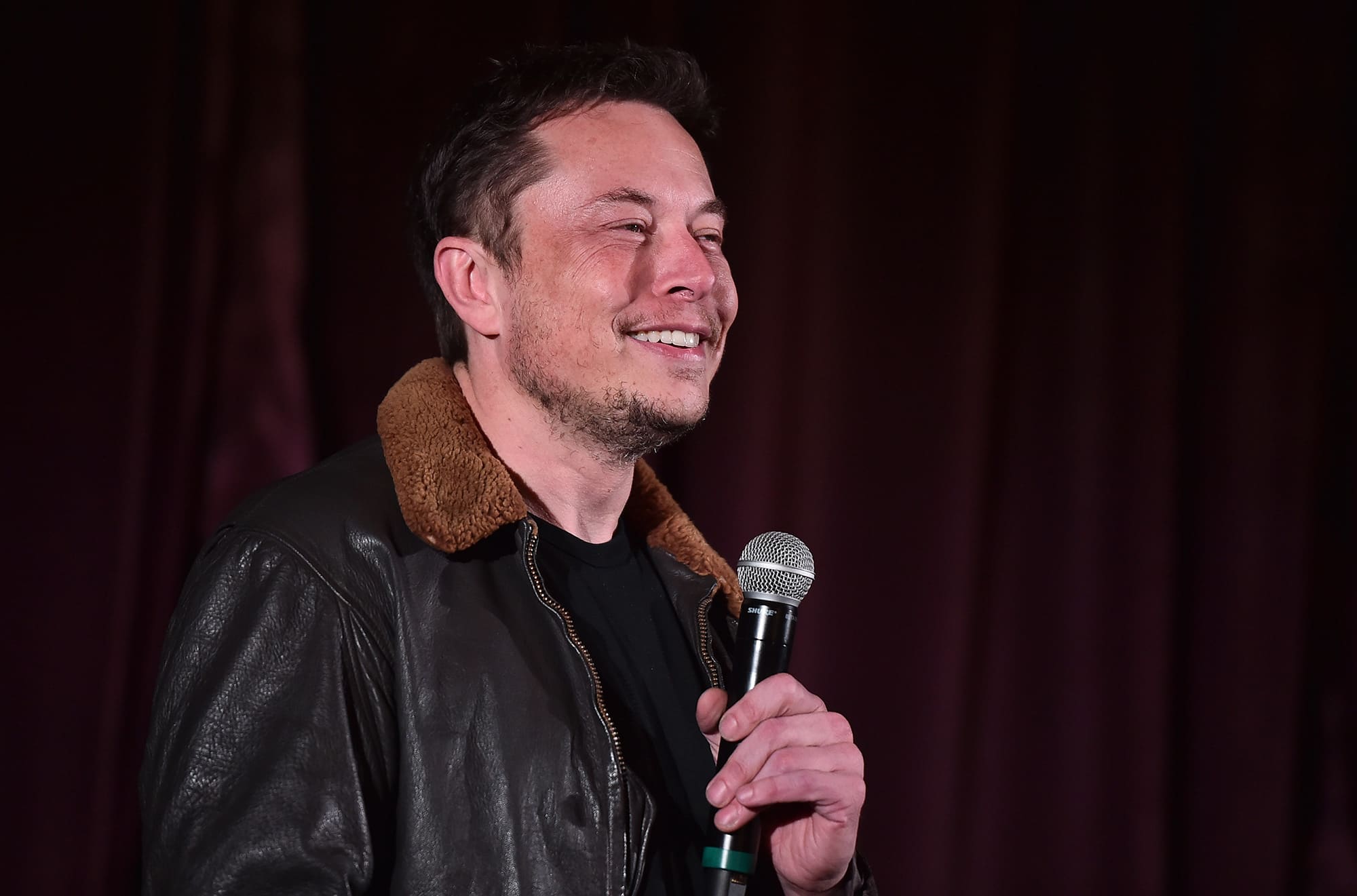Travis County in Texas has voted to give Tesla tax breaks worth a minimum of $14.7 million to build a new car plant, and eventually employ thousands, near the Austin airport.
The site where Tesla has proposed to build its next “Gigafactory,” is known as the Austin Green development. Tesla still has to purchase the land there, which would cost it an estimated $5 million, plus another $1.1 billion, at least, to build the plant, which will manufacture the Cybertruck. The property borders the Colorado River.
County officials discussed the proposal in a closed session on Tuesday, before hearing from speakers at a public hearing that was livestreamed on YouTube.
Before that, a local school district, Del Valle ISD, voted to approve Tesla’s plan, dubbed the Colorado River Project LLC, last week.
Citizens, fans and critics of Tesla spoke at multiple hearings before the district and the Travis County commission in June and July.
Among those who turned out to voice their wishes were members of Texas-based Tesla Owners Clubs, Tesla employees from California and Texas, and business owners who wanted their staffing agencies, construction and automotive supply businesses to become Tesla vendors or service providers.
Those who favored giving Tesla incentives mostly expressed a wish to bring jobs and income to the area for themselves or their kids.
In February 2020, the Texas Workforce Commission reported 19,342 unemployed in Travis County, or a local unemployment rate of 2.6%. That number spiked by May 2020, following Covid-19 outbreaks and health orders in the state, to 81,466 unemployed, or a rate of 11.6%.
Tesla employs about 10,000 people at its only U.S. car plant today in Fremont, California.
Others, including environmental and labor advocates and local residents voiced concerns over a lack of worker safety guarantees, and minimum pay for people, including teenage students, who may work in entry level or low- and middle-skilled jobs at the factory.
Tesla has promised, on paper, to provide a minimum wage of $15 an hour to food service and custodial workers. But it hasn’t promised to create a significant volume of higher paying jobs in the area.
Critics say the pay that Tesla is prepared to offer low-skill workers is not enough given soaring rents, relatively high home prices and the tight supply of housing in the area (especially for first-time home buyers).
Critics also spoke about Tesla’s record of squashing unionization efforts at its other factories, and its failures to acknowledge and fix workplace safety problems.
Many of those concerned with Tesla’s safety practices mentioned the ways that CEO Elon Musk has downplayed the risks and severity of Covid-19, and the fact that he defied local health orders in California to bring workers back to the company’s Fremont-based car plant amid the Covid-19 pandemic.
Tesla also has a checkered past when it comes to fulfilling obligations in cities where it has secured major incentives to build factories.
For example, in November 2019, New York state officials wrote down $959 million that they spent to build and help equip a Tesla solar-panel factory in Buffalo. The plant, announced in 2013, was supposed to employ more than 1,000 and manufacture photovoltaics, but never hit its goals for solar production or employment. This year, Tesla requested an extension on an April deadline for meeting those headcount obligations, citing Covid-19 related complications.
More recently, Tesla successfully built a car plant in Shanghai in under a year, with $1.6 billion in loans and other assistance from the Chinese government.
